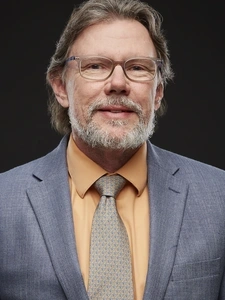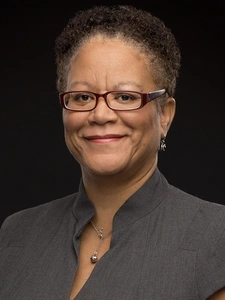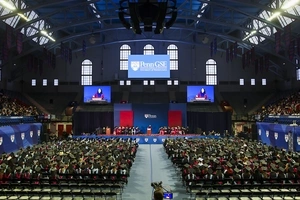Curriculum
The Professional Counseling, M.Phil.Ed. curriculum comprises 20 course units. Coursework and training emphasize three primary themes: social justice, diversity in its many forms, and a person- or student-centered counseling orientation. For course descriptions, visit the Professional Counseling, M.Phil.Ed. program in the University Catalog.
Internships
An integral part of the learning experience is completing an internship in a counseling setting, which provides students with practical clinical experience on an ongoing basis during the program. The nature of the internship will vary based on the student’s interests. The internship is arranged collaboratively between the student, their advisor, the Professional Counseling internship course instructor, and a licensed mental health professional at the field site. All site supervisors must hold at least a master’s-level counseling license.
Typically, students are not compensated for services rendered under the internship experience. Student performance is evaluated after the first semester by the field supervisor, faculty advisor, and counseling program faculty to ensure progress and readiness for continued practice. Satisfactory performance during the internship, combined with progress in coursework, is required to qualify for the oral clinical examination for the M.Phil.Ed. degree.
Oral clinical comprehensive examination
The oral clinical comprehensive examination process for the M.Phil.Ed. program is designed to assess the student’s active, working knowledge of the three major themes of the program:
- Applied counseling/clinical services
- Understanding of clients’ cultures and contexts
- Lifespan human development.
The examination assesses the student’s competence in using and integrating applied skills in the setting where counselors work. The oral clinical examination uses a case presentation format to evaluate the student’s level of competency as a counselor
Do you have questions about the plan of study?
We're happy to help! Contact the Administrative Coordinator, Dominic Homac, homacd@upenn.edu.














